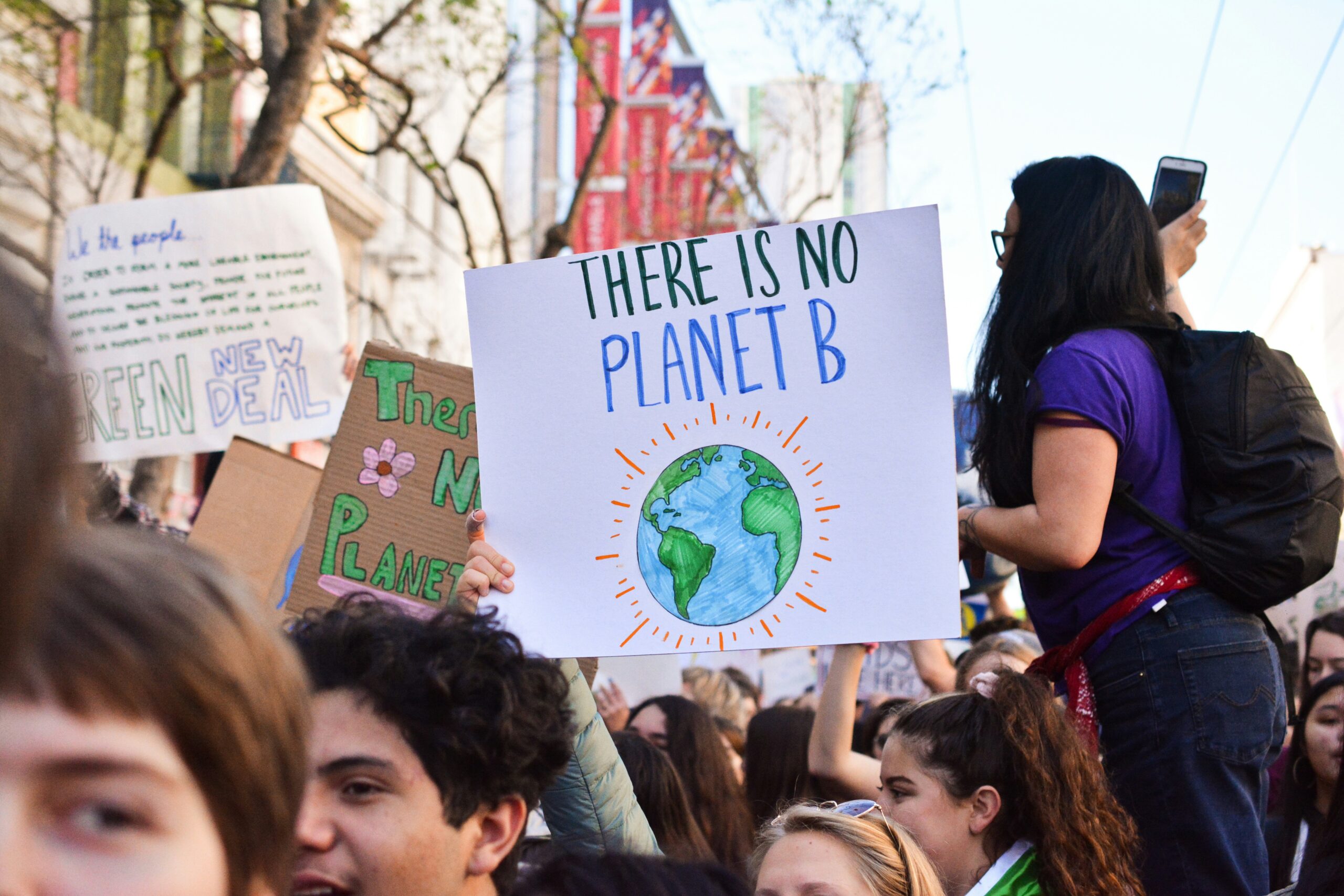The business case for a ban on (certain) single-use plastics

Something amazing is brewing in San Diego, and not a new craft beer this time: our city officials are proposing a ban on certain single-use plastics that include expanded polystyrene food and beverage containers.
Which means that we’re all likely to hear confusing thoughts about this topic in the weeks to come, especially from groups who’ll make it sound like a death sentence for businesses and consumers. Seeing as I’m both in business and spend the bulk of my free time chairing the San Diego chapter of Surfrider Foundation, I feel well positioned to provide this primer on why banning styrofoam plates and single-use plastic utensils is good for all of us in San Diego.
Mike Torti, C&M Motors and Surfrider San Diego Chair
The facts
This specific product is already damaging San Diego’s unique environment. Expanded polystyrene food ware (aka Styrofoam, EPS) is not biodegradable and once used the product is discarded into the waste stream where it will remain indefinitely. This type of petroleum based plastic is lightweight, brittle and often used just once before discarded. The Surfrider Foundation’s San Diego Chapter volunteers collected 12,575 pieces of polystyrene from San Diego County beaches in 2017 alone. Unfortunately, the majority of this type of waste breaks down into small, uncollectible pieces where it ultimately is blown into the ocean. Once in the ocean, polystyrene is often mistaken as food by marine life whereupon ingestion of the single-use plastics can become fatal.
How bad is this problem? By 2050, the ocean is estimated to have more plastics than fish by weight. The University of California Davis performed a study in 2015 that found a quarter of all fish sampled in California grocery stores have trace amounts of plastics.
And this isn’t just a problem for animals, but for humans too: it’s making its way into our own food and water systems. Polystyrene is made from styrene, a known animal carcinogen that was found “reasonably anticipated to be a human carcinogen” by the National Toxicology Program and “probably carcinogenic to humans” by the International Agency for Research on Cancer at the World Health Organization; it is also listed as a carcinogen under California’s Proposition 65 in 2016. There is evidence that expanded polystyrene food ware harms the environment and may cause consumer health issues.
The policy argument
The San Diego City Council adopted a strong climate action plan that targets waste diversion goals of 75% by 2020 , 90% by 2035 and 100% by 2040. To meet this zero waste goal, there is no other path than to remove EPS from our habits.
And we can’t just recycle our way out of this issue. No recycling plan for expanded polystyrene food ware has been successful in the long-term. We know this because we’ve got 29 years of data from 115 other communities who have adopted EPS ordinances telling us so. These communities include Solana Beach, Encinitas and Imperial Beach.
You will hear that the City of San Diego allows residents to place expanded polystyrene food ware containers in the curbside recycling bins. Which sounds good, right? Unfortunately, this is not a viable option.
The City contracted HF&H Consultants as an objective third party group to determine if curbside pickup of expanded polystyrene was feasible. The results from multiple communities that have adopted this approach are stark. Due to food contamination, cleaning costs, and the products’ lightweight, recyclers that are accepting these products are not separating and recycling expanded polystyrene food ware, according to a report by HF&H. Ultimately the vast majority of expanded polystyrene is going into the waste stream even if well-intentioned residents place the product in the recycling bin.
The City currently spends $90,000 annually for recycling services of EPS. In a viable recycling market, cities like San Diego are paid by recyclers for recycled products. They don’t need to be funded by taxpayer dollars. Recycling is not an effective plan to reducing the waste created by expanded polystyrene food ware.
The financial impact
“In 1999, an estimated 300,000 tons of EPS was landfilled in California” costing California tax payers 30 millions annually according to the Equinox Project Center for Sustainable Energy.
Opponents will overstate the financial impact that ordinances like this have on restaurants. In the case a restaurant has substantial hardship due to an EPS ordinance there is an opt-out clause that allow restaurants with a proven financial burden a temporary exemption from the ordinances requirements.
In many cases It is viable to pass the additional costs of alternative products to the consumer. The Equinox Project Center for Sustainable Energy reported that recycled, recyclable, and compostable food ware product prices increased on average between $0.01 to $0.08 cents per container, dependent on the container type. This minimal price difference can be absorbed by most customers.
And for those folks who still put profit above all, here’s a Business 101 fact about supply and demand: those alternative products, when we ALL have to use them, will gradually, over time, not be the alternative but the norm. And then we’ll all go about running our business as usual, not having to worry if competitors are gaining some small competitive advantage by using cheaper plates that destroy the environment.
The values argument
At the end of the day, there’s a simple reason businesses support the city’s ban on single-use plastics. As business owners have a responsibility to prioritize the long term health of our businesses, which means that, as a matter of course, we must invest in our employees, our customers, and our communities. Without them, we will cease to exist, and short term gains won’t matter.
In my day job with C&M Motors, we don’t just care about our environmental footprint just to pass our regulatory audits. Every day we make conscientious decisions about the way our business impacts the environmental health of our communities. It’s because every day we must factor in the true cost of the choices we make when deciding what products we use.
The convenience of a cold soda must not be prioritized over the viability of our employees and customers living in this coastal zone.That should never outweigh our responsibility toward a healthy planet. As business owners we need a level playing field where our priorities are the long term health of our customers and employees.
What you can do
If you’re a restaurant, bar or cafe, fill out this quick online petition. It’s that easy; in 30 seconds or less you can support the effort.
If you’re not in the food sector, you can also tell the City of San Diego you’re behind this proposed plastic reduction ordinance by signing the Surfrider Foundation’s Fight The Foam petition.
As a consumer or another business owner, talk to your favorite restaurants about this; tell them why it matters to you; and encourage them to join Surfrider San Diego’s Ocean Friendly Restaurant program – a program that’s already partnered with over 130 local eateries to eliminate EPS and other single-use plastics from local restaurants.

